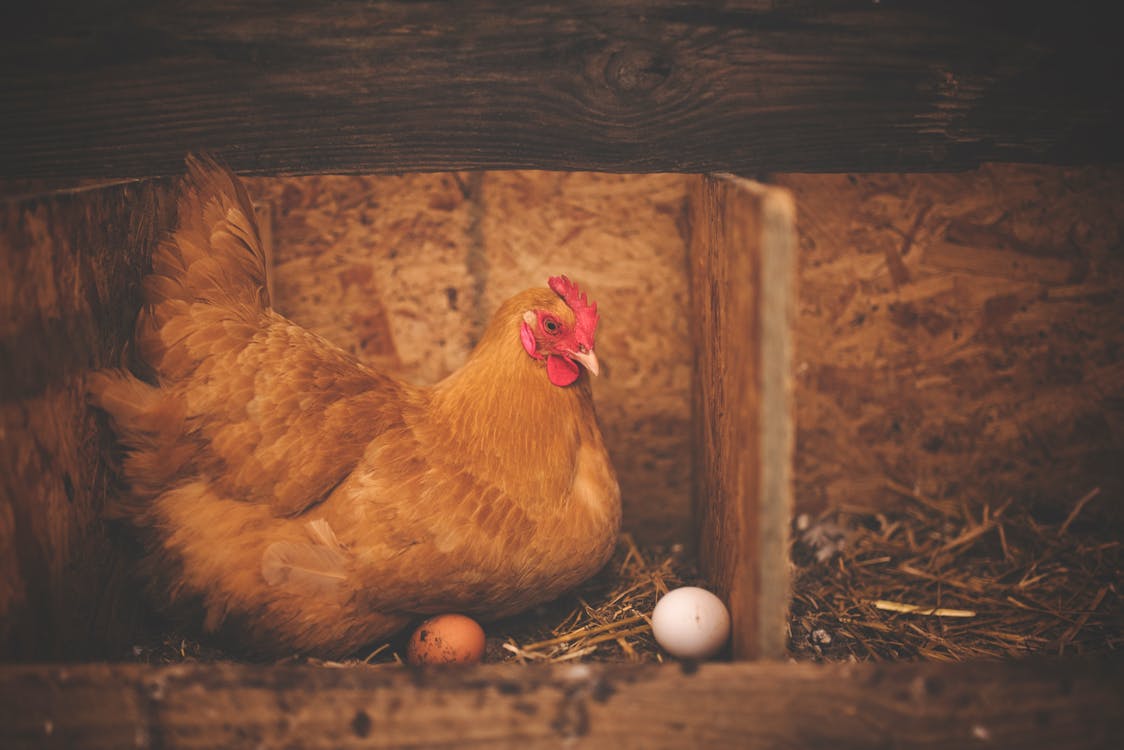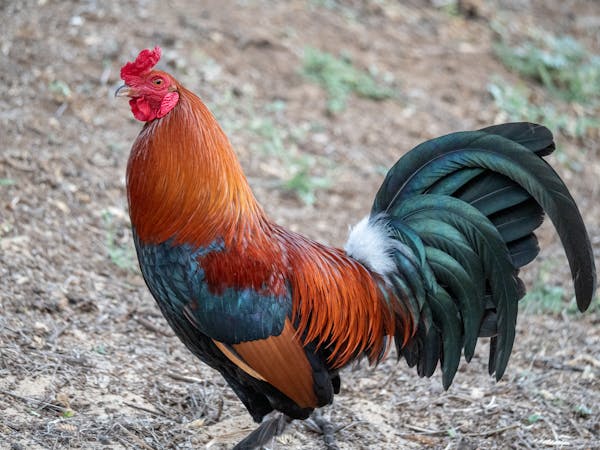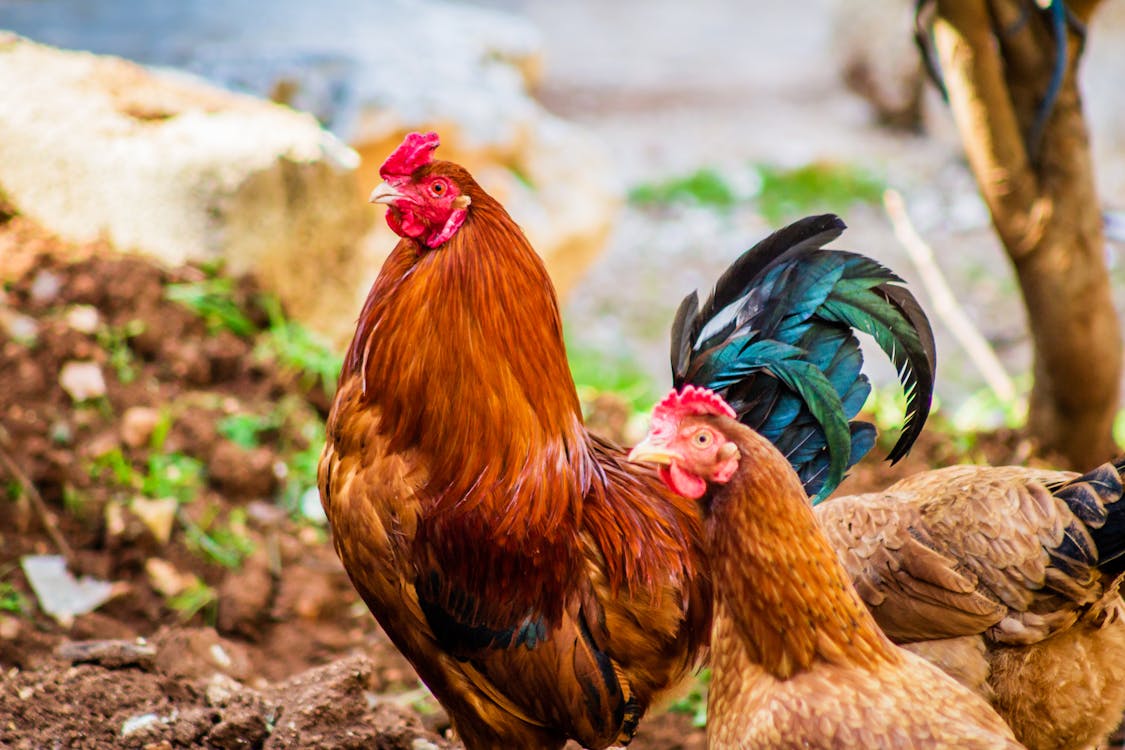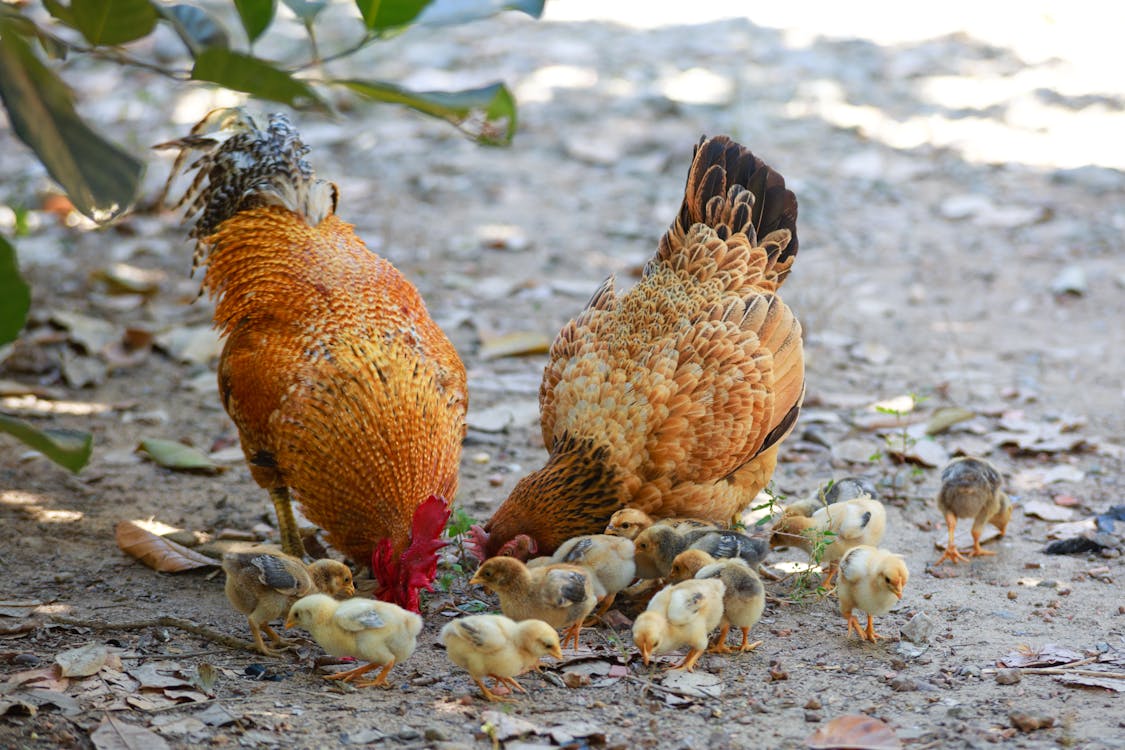
Free-Ranging vs. Coop Life: How It Affects Chicken Behavior
Jan 04, 2025 • Behavior • 7 minute read
Chickens can adapt to many environments, but how they live greatly affects how they behave. Whether your flock roams freely across the yard or stays in a secure coop, their surroundings influence their activity levels, social habits, and stress responses. In this article, we explore the behavioral differences between free-ranging and coop-raised chickens and what to consider when choosing a lifestyle for your flock.
What It Means to Free-Range Chickens
Free-ranging allows chickens to explore open spaces, forage for bugs and plants, and follow their natural instincts. This setup typically means access to a yard, pasture, or controlled outdoor area beyond the coop.
Chickens that free-range tend to be more physically active and mentally stimulated. They scratch, peck, and explore throughout the day, reducing boredom and destructive behaviors.
However, free-ranging also comes with risks, including exposure to predators, weather, and toxic plants. It requires supervision or safe fencing to reduce hazards.
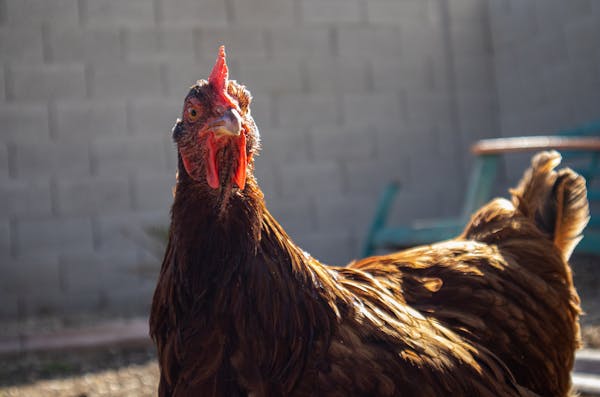
What Life Inside a Coop Looks Like
Coop-raised chickens live in a more controlled environment with limited space. They rely on the keeper for all food, water, and stimulation.
When managed well, coop life can be safe and stress-free. Clean bedding, proper ventilation, and enrichment items like perches and dust baths help maintain both health and happiness.
Behavioral Differences You’ll Notice
Free-ranging chickens often display more natural behaviors such as dust bathing, sunbathing, and roaming in small groups. They may also develop stronger foraging skills and show increased alertness.
Coop-raised chickens may be calmer and more reliant on humans. With proper enrichment, they can still remain active and engaged without the need for large spaces.
Flock hierarchy tends to shift more frequently in free-ranging groups, while coop birds may form tighter bonds within confined settings.
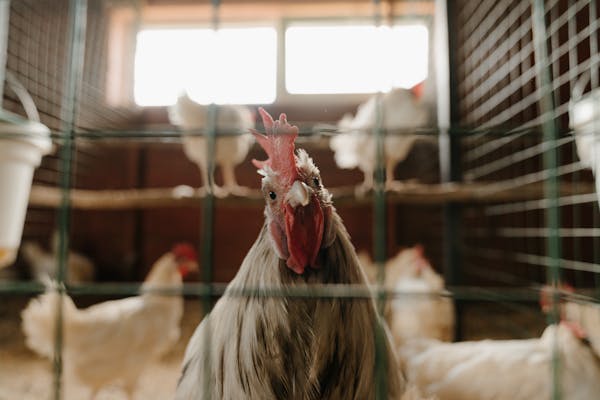
How Each Lifestyle Affects Stress and Aggression
Free-ranging reduces stress for many chickens by offering more space and natural distractions. Birds have the freedom to move away from conflict and explore independently.
In coops, limited space can sometimes lead to pecking or bullying if birds feel crowded. Adding perches, hiding spots, and visual barriers helps prevent conflict and provides a more balanced social environment.
Health and Safety Considerations
Free-ranging encourages exercise and often leads to stronger immune systems. Chickens get more sunlight and a varied diet from natural sources.
But it also exposes them to more parasites, predators, and diseases carried by wild birds. Regular health checks and vaccinations are important for free-ranging flocks.
Coop-kept birds are easier to monitor and protect, but may miss out on some of the mental and physical benefits of outdoor exploration.
A hybrid setup—secure coop at night with supervised outdoor access during the day—can offer the best of both worlds for many keepers.
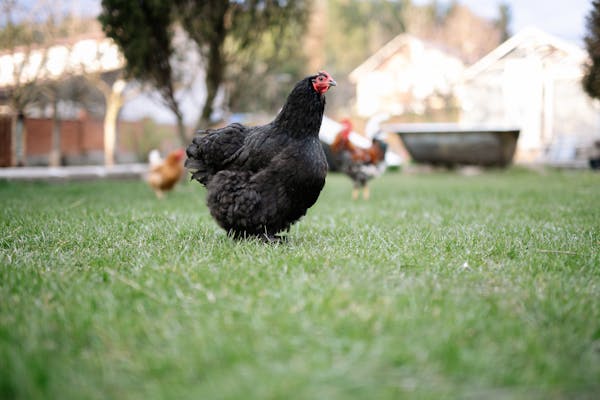
Conclusion: Finding the Right Balance for Your Flock
Both free-ranging and coop life come with advantages and challenges. The best setup depends on your environment, predator risks, and how much time you can dedicate to supervision.
By understanding how each lifestyle affects behavior, you can create a routine that keeps your chickens active, safe, and content—whether they roam the yard or stay cozy in their coop.

